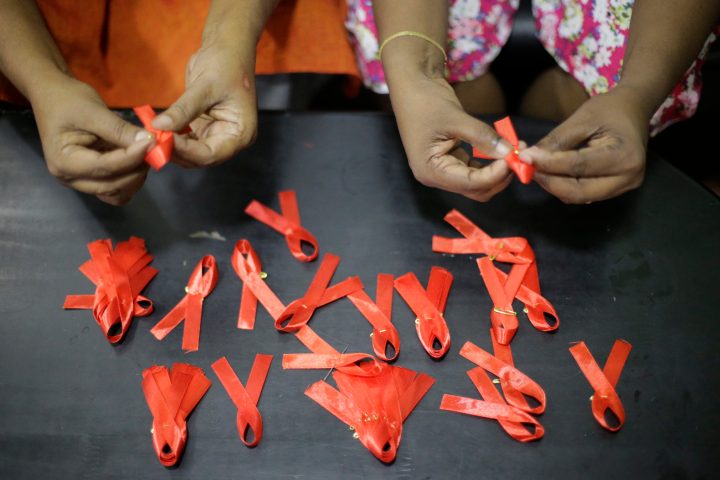COVID-19
Life-saving HIV drugs risk running out as COVID-19 hits supplies – WHO

LONDON, July 6 (Reuters) - More than a third of the world's countries say they are at risk of running out of life-saving AIDS drugs because of disruptions to supply lines and other problems caused by the COVID-19 pandemic, the World Health Organization said on Monday.
Twenty-four out of those 73 nations have already reported critically low supplies of the vital antiretroviral drugs, the agency said.
“The findings of this survey are deeply concerning,” the WHO’s director general Tedros Adhanom Ghebreyesus said in a statement at the start of the International AIDS conference.
“We cannot let the COVID-19 pandemic undo the hard-won gains in the global response to this disease.”
The WHO said about 8.3 million HIV-positive people are reliant on the antiretroviral drugs in the 24 worst-hit states – about a third of all people taking HIV treatment globally.
It did not name the affected countries in its survey.
While there is no cure for the human immunodeficiency virus that causes AIDS, drugs known as antiretrovirals (ARVs) can control the virus and prevent HIV-positive people from transmitting it via sex to others.
About 38 million people worldwide are currently infected with HIV.
The survey found that during the ongoing COVID-19 outbreak, a failure of suppliers to deliver ARVs on time, combined with drastically reduced land and air transport and limited access to health services, have caused major disruptions to drug supplies.
The WHO has issued guidance on maintaining access to essential health services, such as HIV treatment and testing clinics, during the pandemic. It says health authorities should consider “multi-month dispensing” for AIDS drugs – a policy whereby medicines are prescribed for up to six months. (Reporting by Kate Kelland, editing by Andrew Heavens)
"Information pertaining to Covid-19, vaccines, how to control the spread of the virus and potential treatments is ever-changing. Under the South African Disaster Management Act Regulation 11(5)(c) it is prohibited to publish information through any medium with the intention to deceive people on government measures to address COVID-19. We are therefore disabling the comment section on this article in order to protect both the commenting member and ourselves from potential liability. Should you have additional information that you think we should know, please email [email protected]"



 Become an Insider
Become an Insider